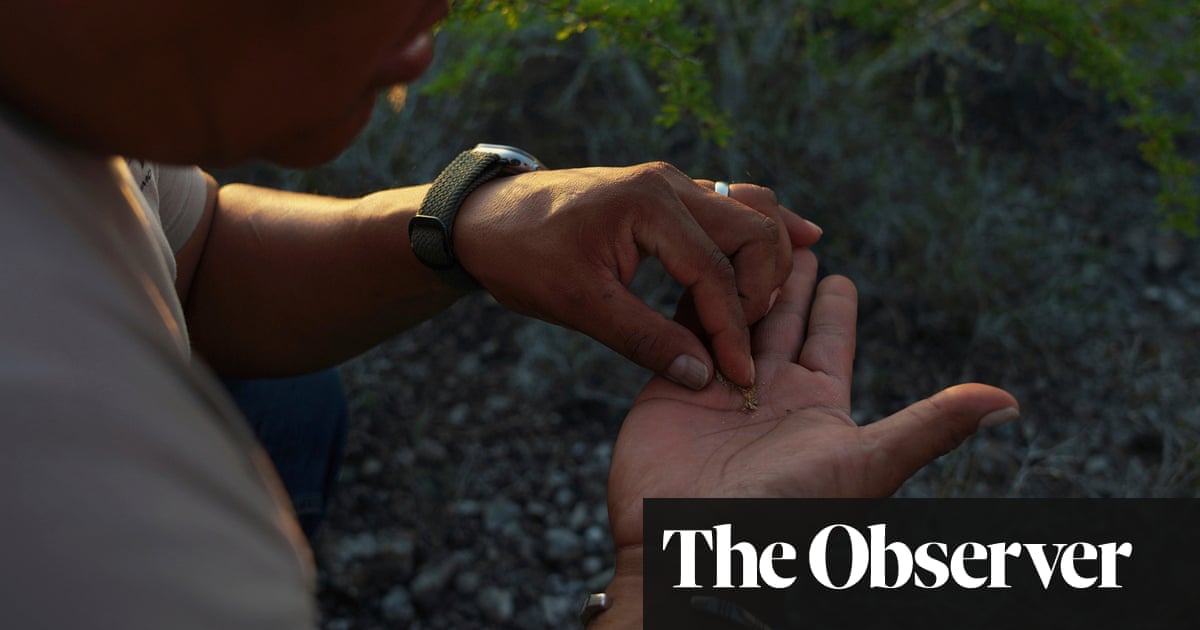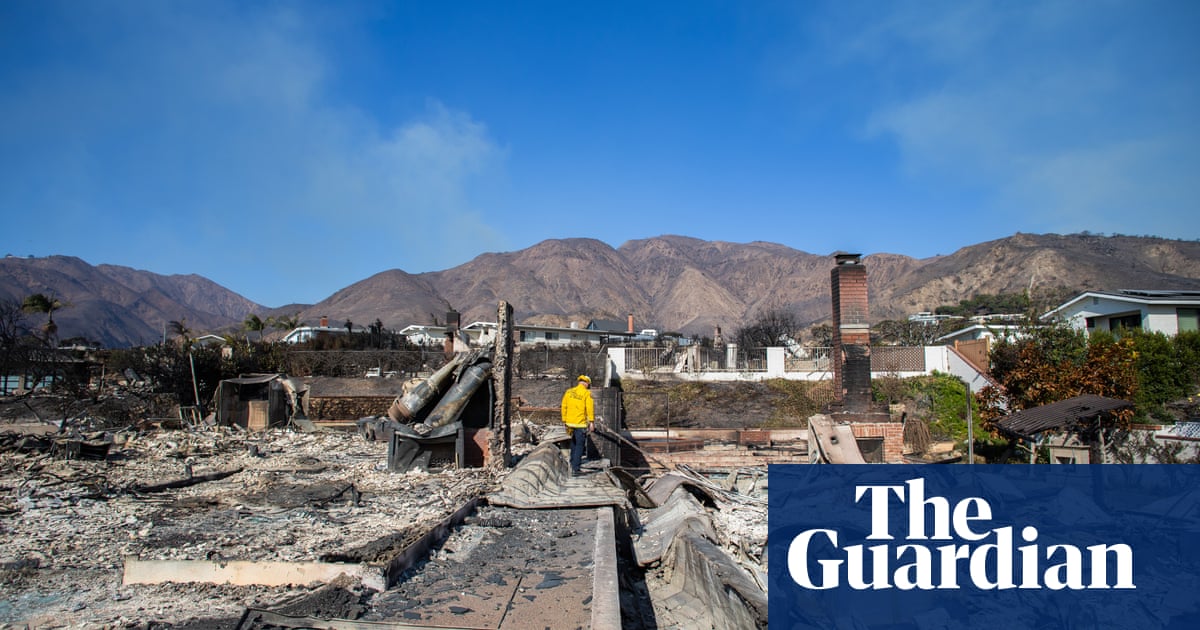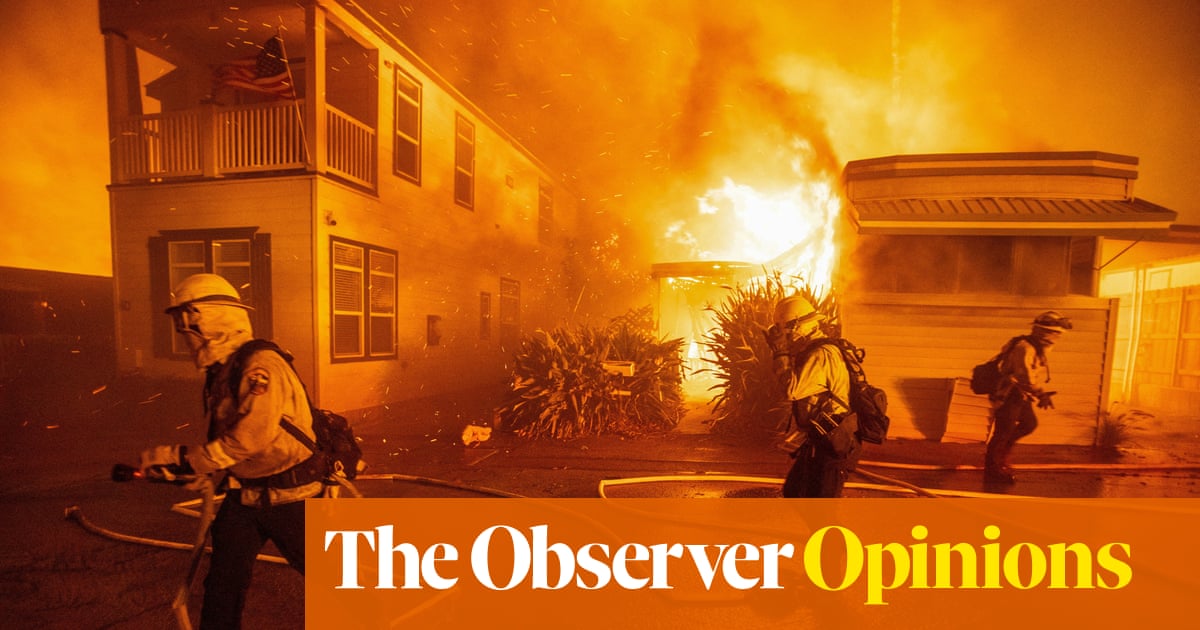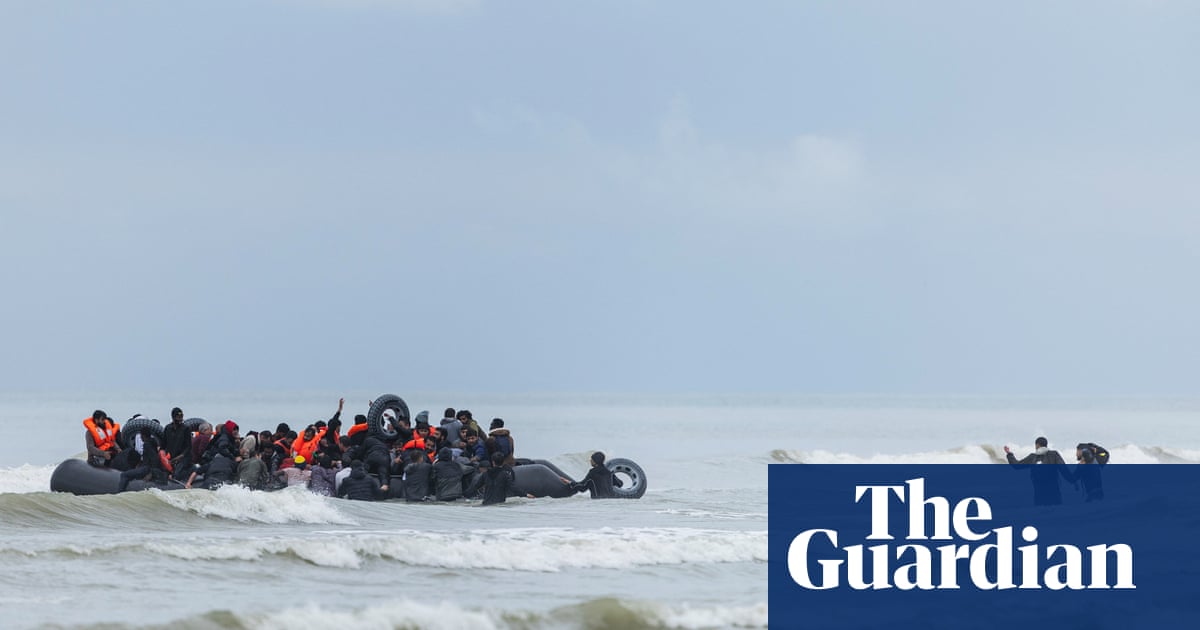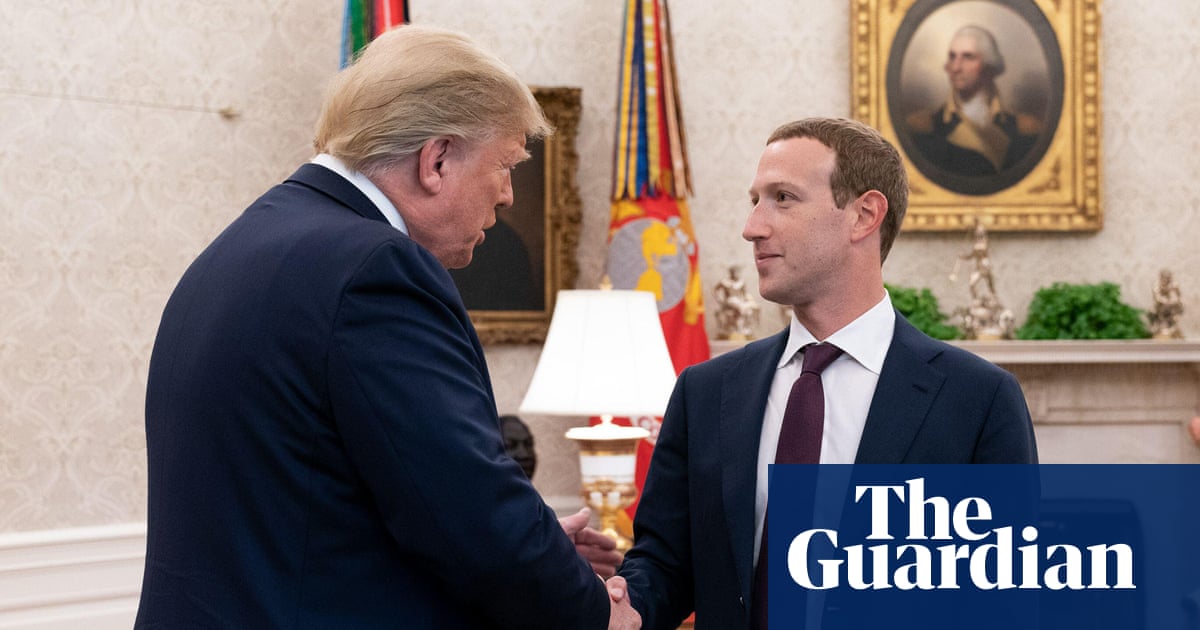There was something so incongruous about the sight of King Felipe of Spain, mud-splattered by raging elements of a crowd in Paiporta, a suburb of Valencia. It’s a timeless royal tradition, to take a walkabout through a fresh disaster. It’s meant to show empathy and leadership, and ideally something even more profound: a togetherness of nationhood that transcends any gulf of status. It’s meant to be healing.
It does, however, require from the public a hell of a lot of deference, to overlook certain things: for instance, that your home is destroyed, you have no food or nappies, and this guy in his pristine shirt and cargo pants will shortly get back in his SUV and go home to his dry and exquisitely appointed quarters. You’d have to avoid asking questions such as: how much is this helping? Wouldn’t it have been preferable to have had some warning of the floods, rather than commiseration afterwards? Is it too soon for a ceremonial visit, when weather warnings are still in place and possibly up to 2,000 people are still unaccounted for? But is it also too late, as one resident shouted: “It’s been four days – where have you been? You’ve just come here to pose for pictures. You have no shame!”
Wealth itself is a gruesome sight, when everything you had has been reduced to rubble. “You lack for nothing, while we here don’t even have water to drink,” another resident shouted at Queen Letizia.
Arguably, the royals coped better with the fury than the prime minister, Pedro Sánchez, who cut his own visit short after his entourage was pelted with stones. Yet the king and queen aborted their trip to the next village, Chiva. They were both too late and too soon, and their affluence was an insult. As ambiently popular as they are in Spain, the only right time to be royal now is when nothing bad has happened.
The Windsors are faced with a similar conundrum, from a different direction: an investigation by Channel 4’s Dispatches and the Sunday Times has revealed the rents charged by the duchies of Cornwall (Prince William’s) and Lancaster (King Charles’s) – in the forms of a £37.5m agreement with the Ministry of Justice to lease Dartmoor prison, and an £11.4m deal with Guy’s and St Thomas’ NHS Trust to rent a London warehouse over 15 years to store ambulances. The Ministry of Defence rents mooring space for warships; one local authority has to pay for access to a toll bridge.
Other questions about the carbon footprint of their property empires and the rate of tax they pay are second-order, really: because the right amount of rent to charge a hospital trust to house its ambulances (if you claim to put duty to your nation above all things, love your subjects, have more money than you could ever spend, and – let’s be real – no use of your own to make of that warehouse, given that you already have loads of houses and no personal ambulances) is zero. If they want to be the family they say they are – which is to say, metaphorically connected to the rest of us as if by blood – they should share their stuff.
The fundamental contradiction of hoarding land and wealth on the one hand, yet modelling ultimate patriotism on the other, was historically resolved by deference. Nobody would have even asked George VI how much he was charging the Ministry of Defence during the blitz, and they definitely wouldn’t have thrown anything at him as he visited the fresh ruins of Coventry. As that reflexive subservience has seeped away, the relationship has become much more precarious: our royals survive with their popularity intact only when nobody looks directly at them. Any detail, whether it’s Prince Andrew’s Royal Lodge-squatting or Prince William’s rent-seeking, has become sharp enough to sever the bonds that tied us all together.
Which brings up the question of whether the concept of a “figurehead” can function, in an age where his or her safest bet is to be unobtrusive. Do royals, everywhere, need to fashion a new role? Or is it possible that mature democracies are finally done with this phase of the constitutional journey?
Zoe Williams is a Guardian columnist
-
Do you have an opinion on the issues raised in this article? If you would like to submit a response of up to 300 words by email to be considered for publication in our letters section, please click here.

.png) 2 months ago
18
2 months ago
18



